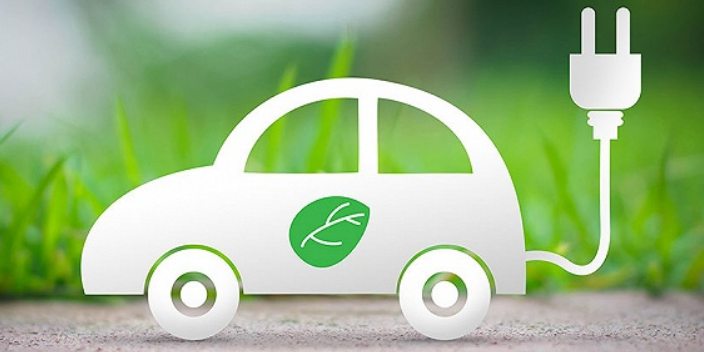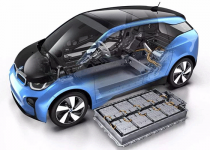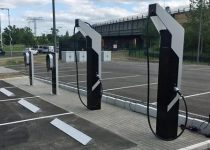What are the main factors that contribute to electric vehicle energy consumption?

Energy consumption in electric vehicles (EVs) is influenced by several factors. Understanding these factors can help drivers optimize their energy use and maximize the efficiency of their vehicles. Some of the main factors that contribute to electric vehicle energy consumption include:
- Vehicle weight: Heavier vehicles require more energy to accelerate and maintain speed. The weight of an electric vehicle, including the battery pack, can significantly impact its energy consumption.
- Aerodynamics: The shape and design of a vehicle affect its air resistance (drag). Vehicles with better aerodynamics experience less drag, resulting in lower energy consumption at higher speeds.
- Rolling resistance: Rolling resistance is the force resisting the motion of a tire rolling on a surface. Factors like tire type, inflation pressure, and road surface can influence rolling resistance and, in turn, energy consumption.
- Battery efficiency: The efficiency of an EV’s battery pack, including its energy conversion, thermal management, and charging/discharging efficiency, plays a crucial role in overall energy consumption.
- Driving behavior: Aggressive driving, such as rapid acceleration, hard braking, and high speeds, can increase energy consumption. Adopting a smooth and consistent driving style can help improve efficiency.
- Accessory use: The use of accessories like heating, air conditioning, and electronics can impact energy consumption. Reducing the use of these accessories or using them efficiently can help optimize energy usage.
- Terrain and elevation: Driving uphill requires more energy than driving on flat terrain. Similarly, driving on uneven or rough terrain can increase energy consumption.
- Weather and temperature: Extreme temperatures can affect the efficiency of the battery and other components, as well as increase the use of climate control systems, leading to higher energy consumption. Cold temperatures, in particular, can significantly reduce the driving range of an EV.
- Traffic and road conditions: Stop-and-go traffic, road congestion, and construction can lead to increased energy consumption due to frequent acceleration and deceleration.
By being aware of these factors, EV drivers can make informed decisions to optimize their energy usage, reduce operating costs, and minimize their environmental impact.


